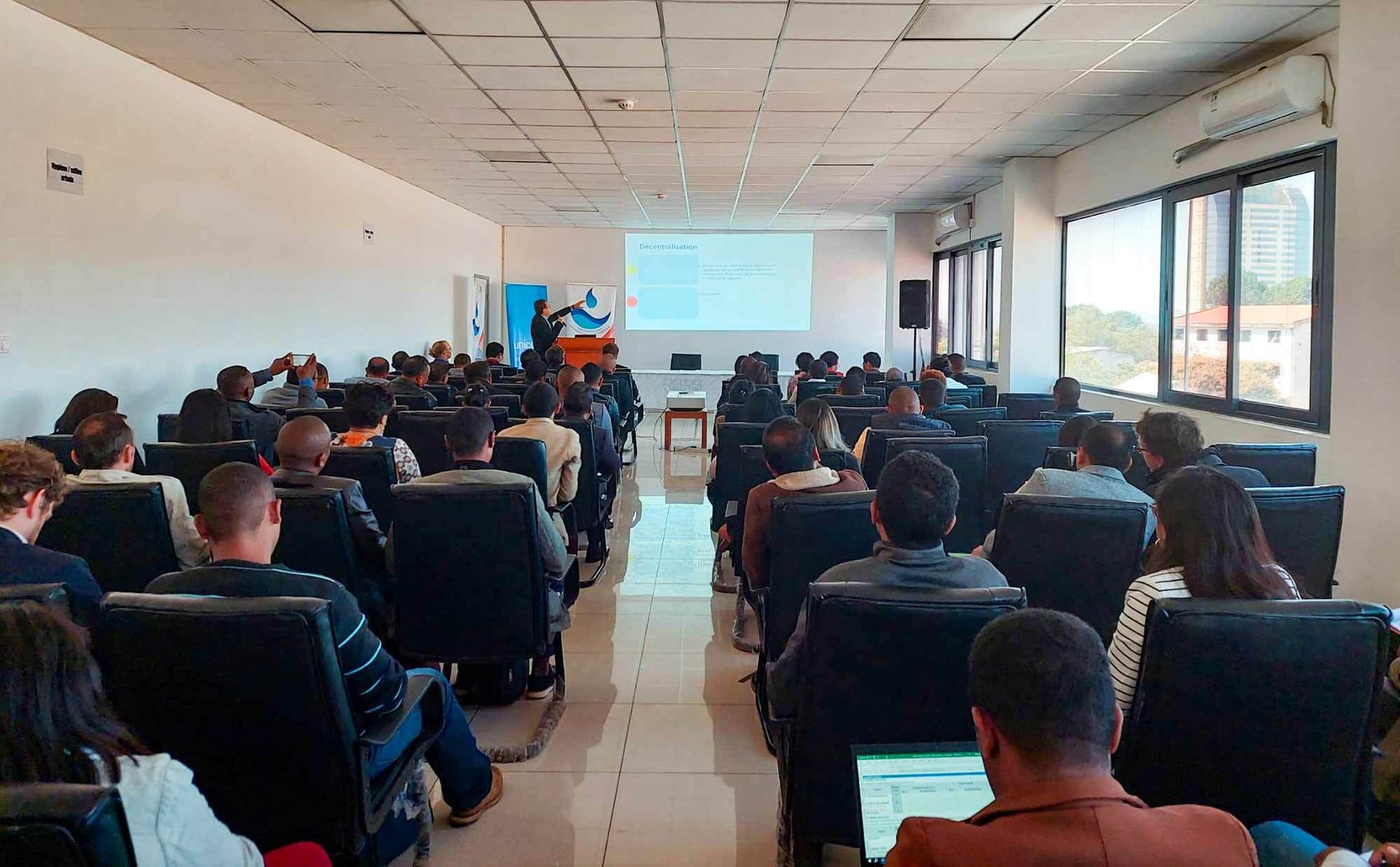With a rise in climate related extreme weather events – water, sanitation, and hygiene (WASH) services need to be increasingly adaptive and safe. In close collaboration with UNICEF, SIWI supports a shift to climate resilient WASH services in a multi-step process that includes policy analyses, workshops, identification of challenges, opportunities, and solutions, as well as the monitoring of key action plans developed to strengthen resilience.
One exemplary outcome, with support from SIWI and other partners, is that Bangladesh’s National Adaptation Plan now prioritizes the WASH sector in two adaptation interventions. Further, SIWI conducted climate risk assessments in 11 countries and facilitated 12 multi-stakeholder workshops in Africa, Asia, as well as Latin America and the Caribbean.
In the workshops, SIWI applied a range of highly adaptable and participatory methods. One being the WASH Bottleneck Analysis Tool (WASHBAT), which helps decision makers work out an action plan to overcome hurdles to climate resilient WASH services. Jovana Garzón Lasso, Programme Manager at SIWI, outlines: “Having workshops with all main actors in one place, with a high interest in finding solutions is something very special. Climate impacts are increasingly felt in Latin America and the Caribbean. Coming from this region, I feel very grateful to be there as a facilitator and see actors find solutions to improve the sector.”
Making water, sanitation, and hygiene climate resilient



